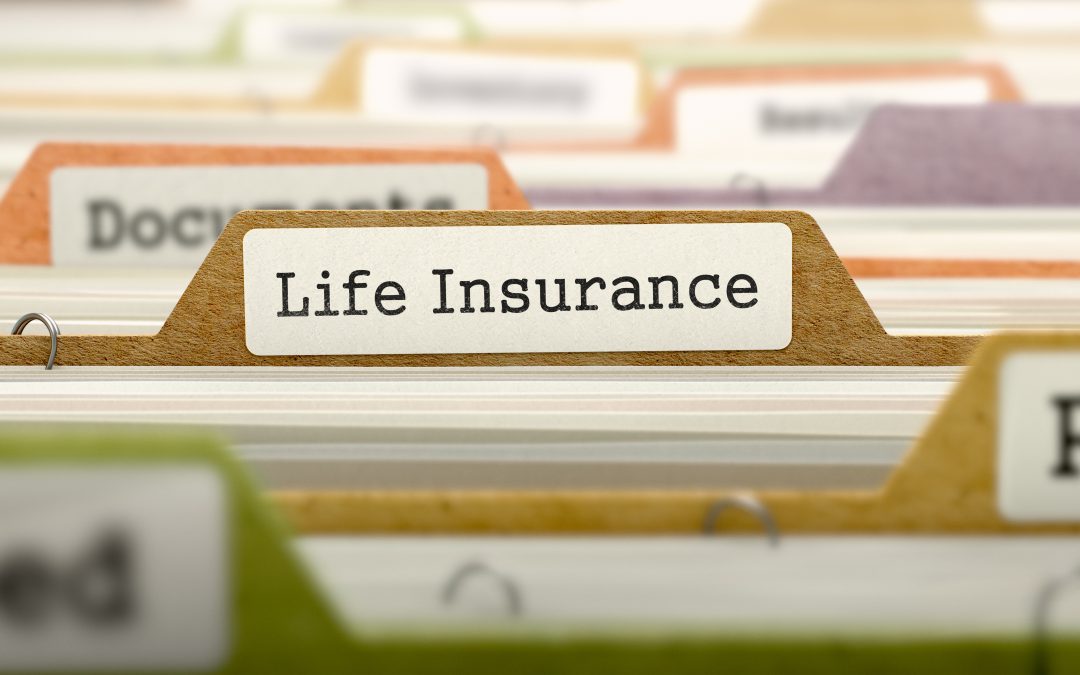What do you need to know about life insurance? If you feel a bit in the dark when it comes to understanding life insurance, you’re far from alone. According to a study last year from nonprofits LIMRA and Life Happens, fewer than 6 in 10 Americans have life insurance and half of those who do don’t have enough.
Some don’t buy it because they’re convinced they don’t need it, others may shun it because they’re confused about the details, or view it as an unnecessary expense. If you’re one of them, here are 3 things you need to know about life insurance.
1. It’s not just for the rich.
It’s easy to view life insurance as a product for the rich. After all, if you’re a moderate earner, what good does it do you to regularly pour your hard-earned money into a service you hope never to benefit from?
Actually, the answer to that question could be “a lot.” If you don’t have life insurance, your loved ones could land in dire financial straits if your vital financial contribution to your household disappears. Not only do you not need to be wealthy to warrant getting a life insurance policy, you could need it more if you’re not. The real question you need to ask yourself is if there are people in your life who depend on your income.
2. It doesn’t have to be expensive.
Many people avoid life insurance because they think it’s unaffordable. In reality, coverage might cost a lot less than you’d expect.
There are two main types of life insurance: permanent life insurance (also called whole life) and term life insurance. With the former, you’re covered indefinitely — as long as the premiums keep getting paid — and your policy gradually accumulates a cash value that you’re can withdraw from or borrow against if you choose to.
The downside to these policies, though, is that they can be very expensive, which can lead to people getting less insurance than they actually need. In addition, while they are marketed as both insurance and an investment, their value as an asset grows relatively slowly.
Term life insurance, on the other hand, tends to be far more affordable. As the name suggests, these policies only provide coverage for a limited period of time (typically 30 years, though there are other options), and they have no cash value — unless the policyholder dies during the coverage period, their return on investment is zero (other than peace of mind). But the premiums for these policies are much lower.
In both cases, the more modest the death benefit (the amount your loved ones collect upon your passing), the lower the premiums you will pay. Choose not to secure a $2 million death benefit, and you won’t be charged for one.
Finally, the last of the 3 things you need to know about life insurance is:
3. You may need it even if you don’t earn an income.
It would be easy to assume that if you don’t earn money, you don’t need a life insurance policy for yourself. But if your contribution to your household comes in forms other than financial, recognize that covering for your absence could be an expensive business.
Consider the case of a stay-at-home parent who watches over three young children during the day while their partner works. If they were to pass away unexpectedly, how would their partner continue to hold down that job? They would have to start paying for child care, the costs of which can be astronomical, especially for multiple kids. A housekeeper or cleaning service might start to feel like a necessity. And that’s just the beginning — according to the latest Salary.com study on the topic, a stay-at-home parent’s work, if done by paid employees, would be worth $162,581 a year. (The job does come with an awful lot of overtime.) Someone will have to handle all those tasks. So don’t assume you don’t need life insurance just because you happen to do work that doesn’t come with a paycheck.
The summary of the things you need to know about life insurance is:
The reality is that getting yourself covered is one of the most important financial moves you can make. Consider a conversation with one of our experts at The Ziff Agency to review your coverage opportunities.
(Sources: Motley Fool)
